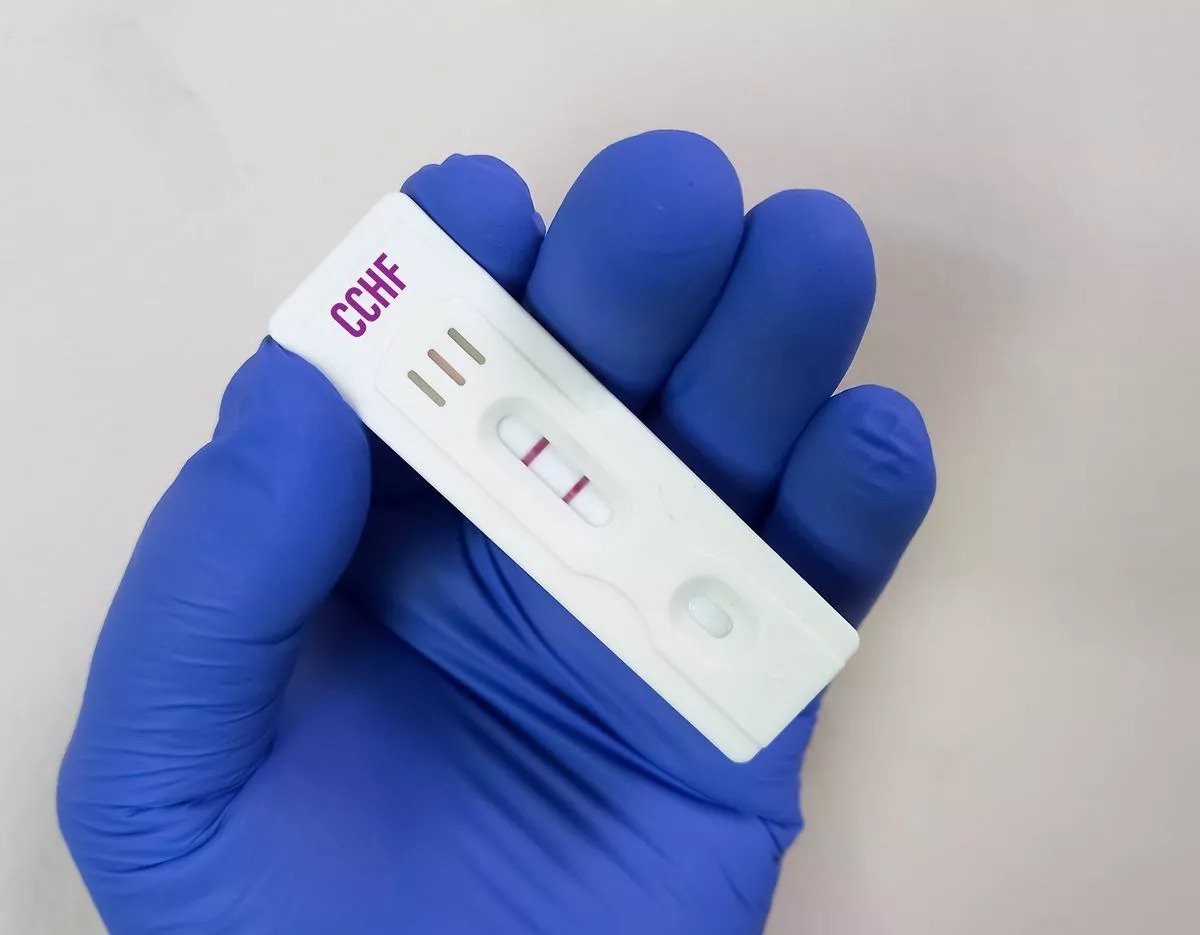Northern Ireland Discovery, Risk of Spread
According to the Public Health Agency of Northern Ireland (PHA), there have been at least seven confirmed cases of the NB.1.8.1 variant. The World Health Organization (WHO) currently classifies this variant as a “variant under monitoring” due to its increasing detection in global virus sequences.
Within a four-week period, the global detection rate of NB.1.8.1 sequences rose from 2.5% to 10.7%—a figure deemed concerning.
Atypical Symptoms Including Heartburn
NB.1.8.1 presents with similar symptoms to previous variants, including sore throat, cough, mild fever, congestion, fatigue, and muscle pain. Notably, this variant has also been associated with rare gastrointestinal symptoms such as bloating, nausea, diarrhea, constipation, abdominal pain, and heartburn.

Dr. Lara Herrero, a virologist at Griffith University in Australia, states, “NB.1.8.1 may be more transmissible than previous variants and could potentially evade immunity from vaccination or prior infection to some extent.”
The New Variant Spreads Globally
Aside from Northern Ireland, NB.1.8.1 has become the dominant variant in Hong Kong and China and has been detected in several other countries, including the US, Australia, Egypt, Thailand, and the Maldives—popular tourist destinations. WHO warns that this trend warrants close monitoring.
Scientists are concerned that NB.1.8.1 harbors mutations that enhance the virus’s binding affinity to human cells, potentially increasing its infectiousness.
Vaccines Remain Effective but Vigilance is Key
While there is no evidence suggesting that NB.1.8.1 causes more severe disease than previous variants, health experts affirm that current vaccines still offer protection against serious symptoms. However, immunity may wane if individuals do not stay up to date with their booster shots.
WHO recommends that people continue to wear masks in crowded places, practice good hand hygiene, self-isolate if symptomatic, and stay current with their vaccination schedules.
Close monitoring of NB.1.8.1 and adherence to preventive measures remain crucial in controlling COVID-19 as the virus continues to evolve.

































